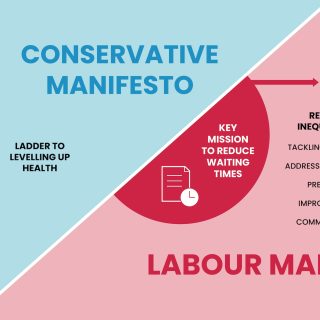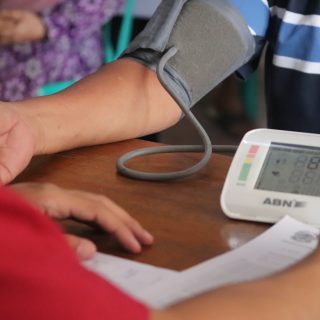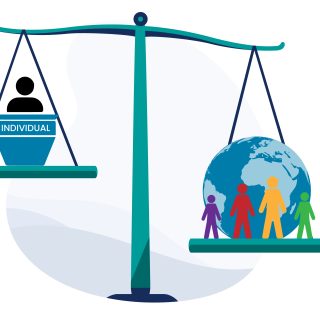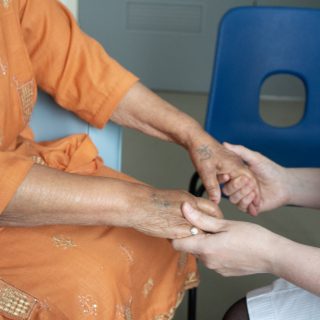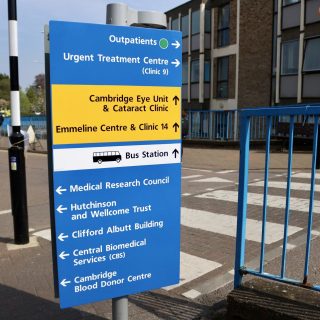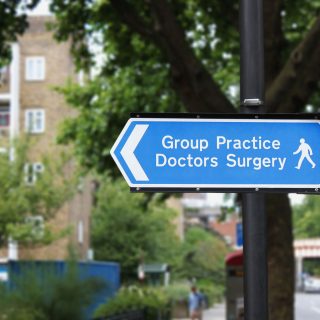A new tool to help ICBs allocate general practice funding more equitably – introducing eFIT
In this blog, we introduce eFIT, a tool that helps Integrated Care Boards (ICBs) allocate funding more equitably by considering socio-economic factors. By addressing inequalities in general practice funding, eFIT aims to provide additional resources to practices serving disadvantaged communities, working towards fairer health care outcomes for all.




